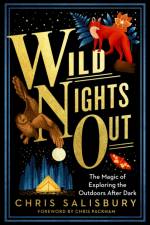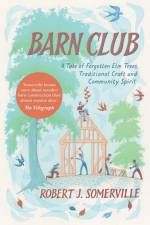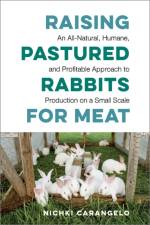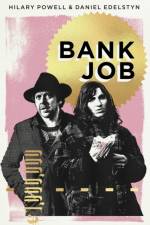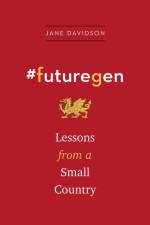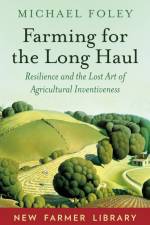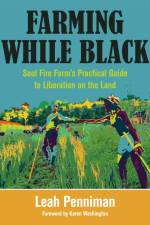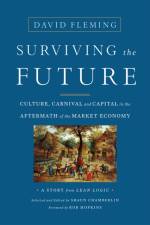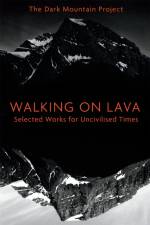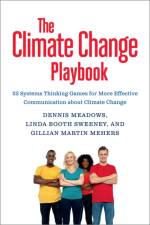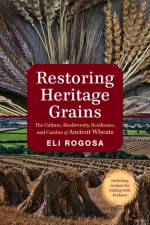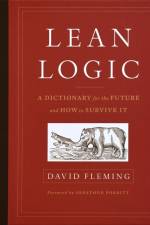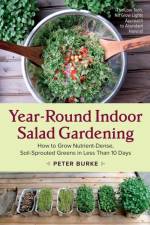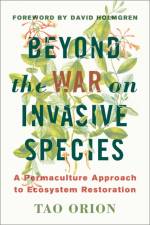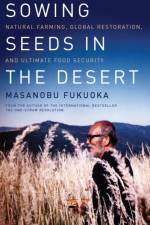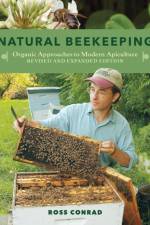- 13 Essential Plants for Human Survival
av Katrina Blair
355,-
The Wild Wisdom of Weeds is the only book on foraging and edible weeds to focus on the thirteen weeds found all over the world, each of which represents a complete food source and extensive medical pharmacy and first-aid kit. More than just a field guide to wild edibles, it is a global plan for human survival. When Katrina Blair was eleven she had a life-changing experience where wild plants spoke to her, beckoning her to become a champion of their cause. Since then she has spent months on end taking walkabouts in the wild, eating nothing but what she forages, and has become a wild-foods advocate, community activist, gardener, and chef, teaching and presenting internationally about foraging and the healthful lifestyle it promotes. Katrina Blair's philosophy in The Wild Wisdom of Weeds is sobering, realistic, and ultimately optimistic. If we can open our eyes to see the wisdom found in these weeds right under our noses, instead of trying to eradicate an "invasive," we will achieve true food security. The Wild Wisdom of Weeds is about healing ourselves both in body and in spirit, in an age where technology, commodity agriculture, and processed foods dictate the terms of our intelligence. But if we can become familiar with these thirteen edible survival weeds found all over the world, we will never go hungry, and we will become closer to our own wild human instincts--all the while enjoying the freshest, wildest, and most nutritious food there is. For free! The thirteen plants found growing in every region across the world are: dandelion, mallow, purslane, plantain, thistle, amaranth, dock, mustard, grass, chickweed, clover, lambsquarter, and knotweed. These special plants contribute to the regeneration of the earth while supporting the survival of our human species; they grow everywhere where human civilization exists, from the hottest deserts to the Arctic Circle, following the path of human disturbance. Indeed, the more humans disturb the earth and put our food supply at risk, the more these thirteen plants proliferate. It's a survival plan for the ages. Including over one hundred unique recipes, Katrina Blair's book teaches us how to prepare these wild plants from root to seed in soups, salads, slaws, crackers, pestos, seed breads, and seed butters; cereals, green powders, sauerkrauts, smoothies, and milks; first-aid concoctions such as tinctures, teas, salves, and soothers; self-care/beauty products including shampoo, mouthwash, toothpaste (and brush), face masks; and a lot more. Whether readers are based at home or traveling, this book aims to empower individuals to maintain a state of optimal health with minimal cost and effort.

